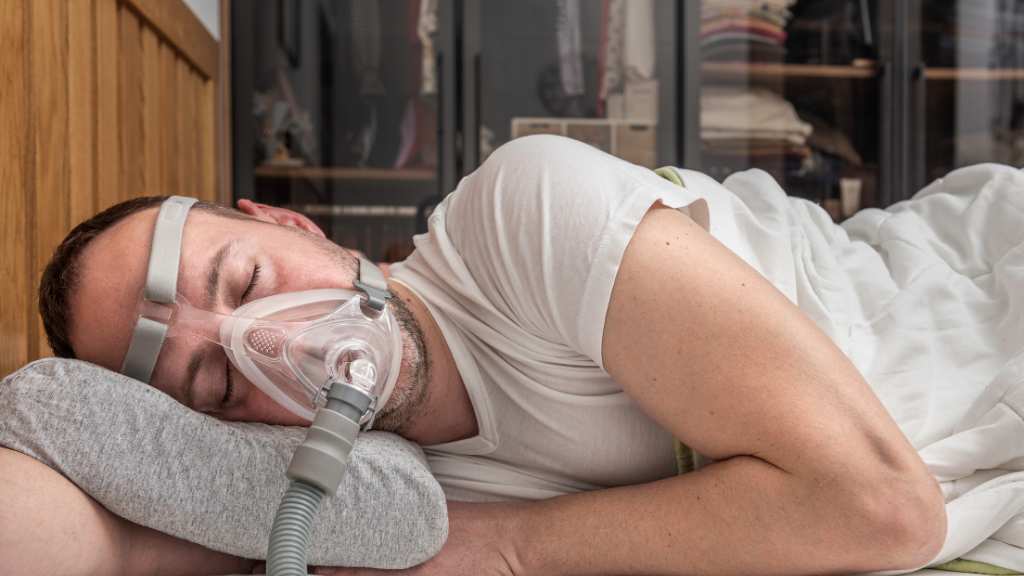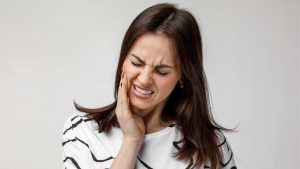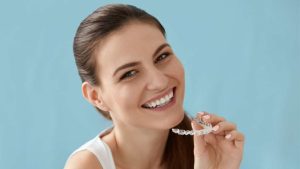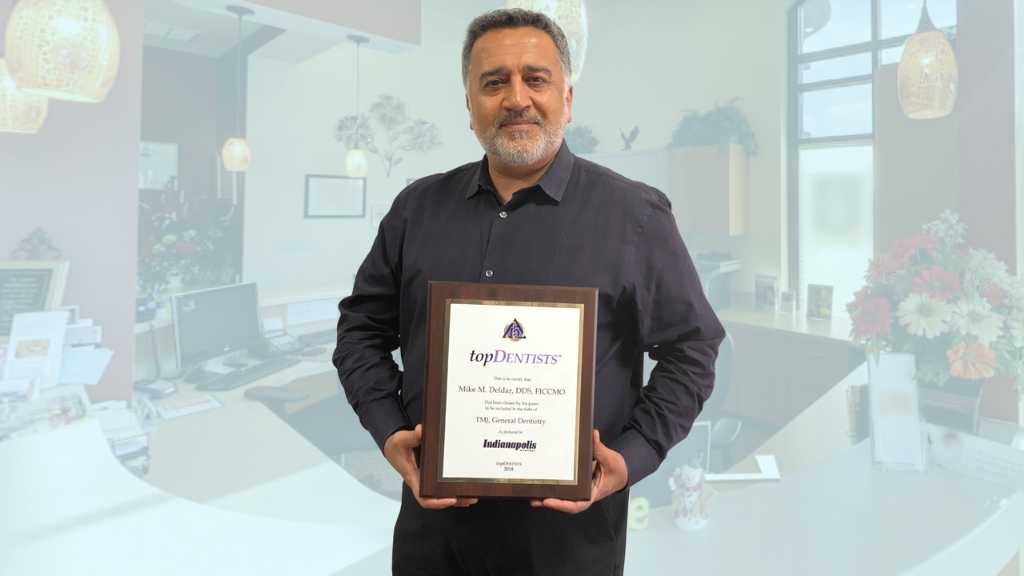Obstructive sleep apnea is one of the most common and disruptive sleep disorders out there. Characterized by causing breathing to stop and start during sleep, obstructive sleep apnea happens when the muscles of the throat relax and clog the airway during sleep. When left untreated, obstructive sleep apnea can cause persistent fatigue, cardiovascular problems, and poor mood and outlook.
Fortunately, there are treatment options. The unfortunate part is that one of the most common, the CPAP machine, offers some distinct drawbacks. Luckily, CPAP alternatives are available at our office in Noblesville. Patients may explore these alternative treatments to make the right care decision for them.
What is a CPAP Machine? And is CPAP effective Noblesville?

CPAP stands for “continuous positive airway pressure.” CPAP machines look a bit like a vacuum, with a large body, a wide plastic tube, and an endpoint that features a face mask and nasal inserts. The mask is meant to be worn strapped to the face at night, where it delivers air pressure through the nasal inserts and mouth covering.
Throughout the course of a night, this mask prevents your respiratory actions from varying and leading to apnea episodes. When used consistently, it can improve quality of life and contribute to longer and more restful sleep.
Why our patients avoid CPAP machines, according to Noblesville dentist Dr. Deldar
While it’s true that CPAP machines can be effective, people often avoid them in favor of CPAP alternatives for the following reasons:
1. Claustrophobia
If sleeping with a mask and series of tubes strapped to your face sounds like a panic-inducing experience, you’re not alone. CPAP masks are difficult for people prone to claustrophobia to wear and can make enjoying restful sleep difficult.
Brent, for instance, was taking sleeping pills in order to use his CPAP due to his claustrophobia. Referred by his neurologist, Brent’s sleep apnea has been relieved by a custom oral sleep appliance from Dr. Deldar.
2. CPAP masks are invasive
While it’s one thing to wear an eye mask or nasal strip to bed, it’s entirely another to wear a CPAP machine. Large, intrusive, and capable of affecting the sleep quality and duration of both the wearer and his or her partner, CPAP machines are anything but unobtrusive.
“I can sleep. I don’t feel like Darth Vadar in the night,” from Preston’s genuine account on how he freed himself from CPAP masks.
3. CPAP masks can cause more fatigue
By interrupting sleep, making it difficult to get comfortable, or creating disruption in the bedroom environment, CPAP masks can cause more fatigue than they remedy! As soon as a treatment starts exacerbating rather than alleviating the symptoms of obstructive sleep apnea, it makes sense that people stop using it.
4. CPAP masks are loud
CPAP machines work by making the pressure of the air the wearer breathes continuous and compressing it so that it is somewhat more pressurized than the air in the bedroom. While this keeps air passages open, the machine makes noise as it works. This can make getting to sleep and staying asleep difficult or impossible for the wearer.
For many people, wearing a CPAP mask to be is an awkward experience, especially when the wearer has a new partner, is traveling with friends, or is in a similar situation that exposes the CPAP mask to other people.
CPAP Alternatives for Obstructive Sleep Apnea
Fortunately, people suffering from obstructive sleep apnea aren’t doomed to wear CPAP masks. Today, there are dozens of CPAP alternatives, thanks to dentists like Dr. Mike Deldar that specialize in sleep apnea and snoring. Some of the most common CPAP alternatives are oral sleep appliances. Below this blog post are some words of encouragement from our sleep apnea patients who seek CPAP alternatives.
Designed to be worn in the mouth rather than on the face, oral sleep appliances are small, minimally invasive inserts that prevent the lower jaw from collapsing backward and blocking the airway.
Ideal for anyone suffering from obstructive sleep apnea, but unwilling to suffer through the discomfort, embarrassment, and claustrophobia of wearing a CPAP mask, oral sleep appliances have higher compliance rates than masks and are easier and more comfortable to wear. What’s more, CPAP alternatives are ideal for people who often travel, since they’re easier to move with and don’t take up nearly as much space as a CPAP machine.
Designed to provide immediate relief, patients using oral sleep appliances start sleeping better and experiencing a reduction in snoring the first night they use their device.
CPAP Alternatives and Oral Sleep Appliances – for a Happier and More Rested Life
Obstructive sleep apnea can be crippling. Unfortunately, the treatment options have always left something to be desired, until now. Today, oral sleep appliances have risen to prominence as popular CPAP alternatives, and people around the country are using them to sleep better, stop snoring, and wake up rested.
To learn more about oral sleep appliances and whether you’re a good candidate for the treatment, contact the team at Deldar Dental. We’re dedicated to your quality of life and we’re always here to help you find new solutions for a common sleep disorder.





